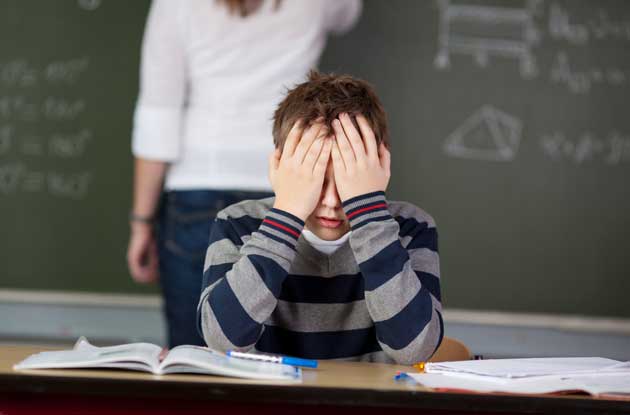Have you read the headlines? Due to the pandemic, our children are performing below grade-level or have learning gaps due to a combination of remote learning or inconsistent attendance due to illness or quarantine regulations. Our youth have missed out on in-person experiences and as a result have delayed social skills. In addition, many have increased anxiety and depressive symptoms due to the uncertainty of everything over the past three years. Three years of development during a time when adults didn’t know how to engage socially, whether due to illness or ever-changing guidelines and expectations have taken a toll on our youth.
The most recent statistics indicate that among children aged 5 to 11, mental health related emergency room visits increased 24% early in the pandemic from the prior year. More than 1 in 3 high school students reported “poor mental health” during the pandemic; 44% reported “persistent feelings of sadness and hopelessness.” An economist estimated that on average this generation will earn $70,000 less over their lifetime due to pandemic related learning loss.
I recognize that we may all feel a little less stressed, that after the last three years and post-hurricane Ian recovery today feels pretty good. And yet, we have work to do. Now is the time to assess the situation and gather your resources. How are you going to address any academic, social or emotional delays to support your children?
Prevention and Early Intervention Road Map
Prevention and early intervention are keys to lifelong education success from the pandemic because they can help to mitigate the negative effects that the pandemic has had on learning. By taking proactive steps to prevent learning loss and intervening early when learning gaps do arise, we can help ensure that students are able to continue to make progress in their education and ultimately achieve lifelong success.
Prevention measures, such as providing access to high-quality education, learning tools and resources, can help to keep learning and social delays at bay. Early intervention is also critical because it allows educators and parents to identify and address learning gaps before they become more significant. Early intervention can take many forms, including providing targeted instruction or tutoring, using assessments to identify areas of weakness, and providing additional support and resources to help students catch up with their peers.
By investing in prevention and early intervention measures, we can help ensure that students continue to make progress in their education despite the challenges presented by the pandemic. This, in turn, can help to set them on a path towards lifelong success by equipping them with the knowledge and skills they need to thrive academically and socially. At Herrera Psychology, we wholeheartedly believe in prevention and early intervention. Don’t wait to assess or intervene until your child is in crisis.
Next Steps as a Parent
- Gather data to assess if your child is on-grade level with regards to reading and math. Know that nationally math skills are significantly lower than expectations due to pandemic related learning loss. If your child’s teacher comments that “everyone” is delayed or missing that skill, remember you are your child’s best advocate. You may have to address your child’s learning needs outside of the school day.
- If you prefer a formal evaluation of your child’s academic performance, we can provide achievement testing and targeted recommendations to address any learning gaps. We can complete this evaluation in-person or virtually.
- If you are aware of an academic delay in reading or your child has a diagnosis of dyslexia, please reach out to schedule intervention time with our Orton-Gillingham Dyslexia Specialist. Children who have demonstrated delays in reading have made great progress with this individualized, one-on-one support.
- Check with your child’s pediatrician, regarding age-appropriate social skills and emotional development.
- If you prefer a formal evaluation of your child’s current emotional development, schedule a Pediatric Wellness Check-Up in our office. This is a once a year 90-minute session designed to provide a baseline of your child’s emotional wellbeing and recommendations for any necessary intervention or resiliency building activities.
The schools are not equipped to manage this loss alone, it is up to parents to assess growth and development and intervene. Prevention and early intervention are keys to lifelong success. Make sure to contact us today on how our team can support your child with their learning and socialization gaps from the pandemic: Contact | Herrera Psychology.


